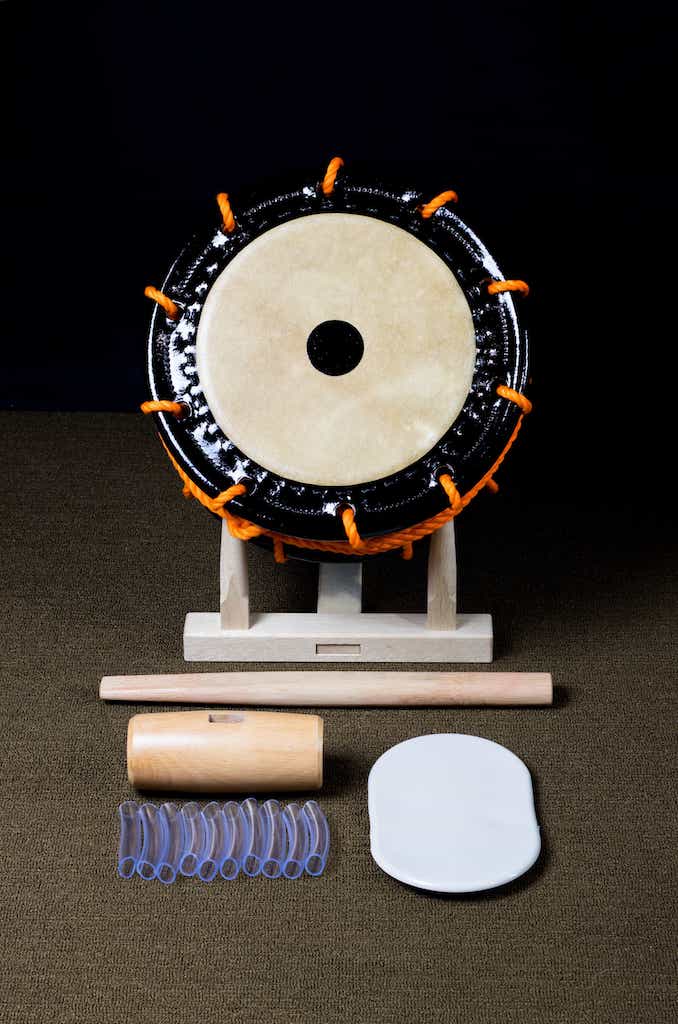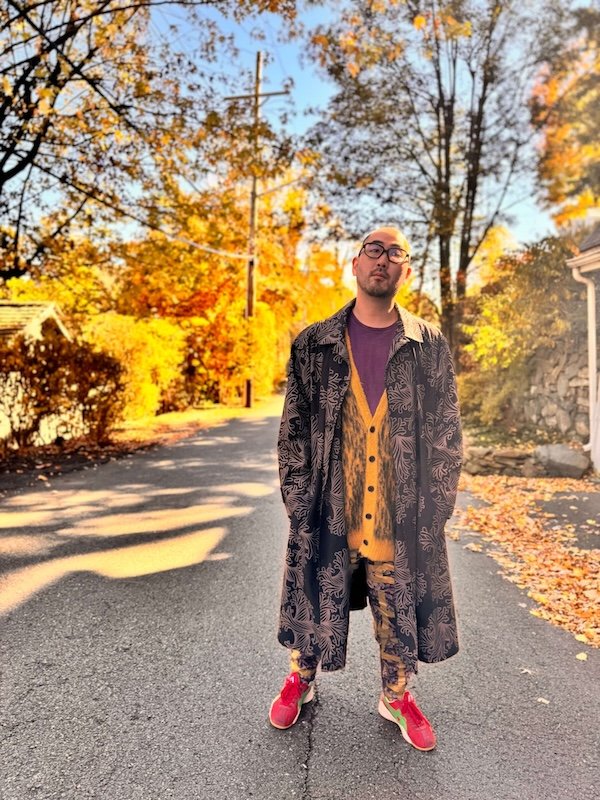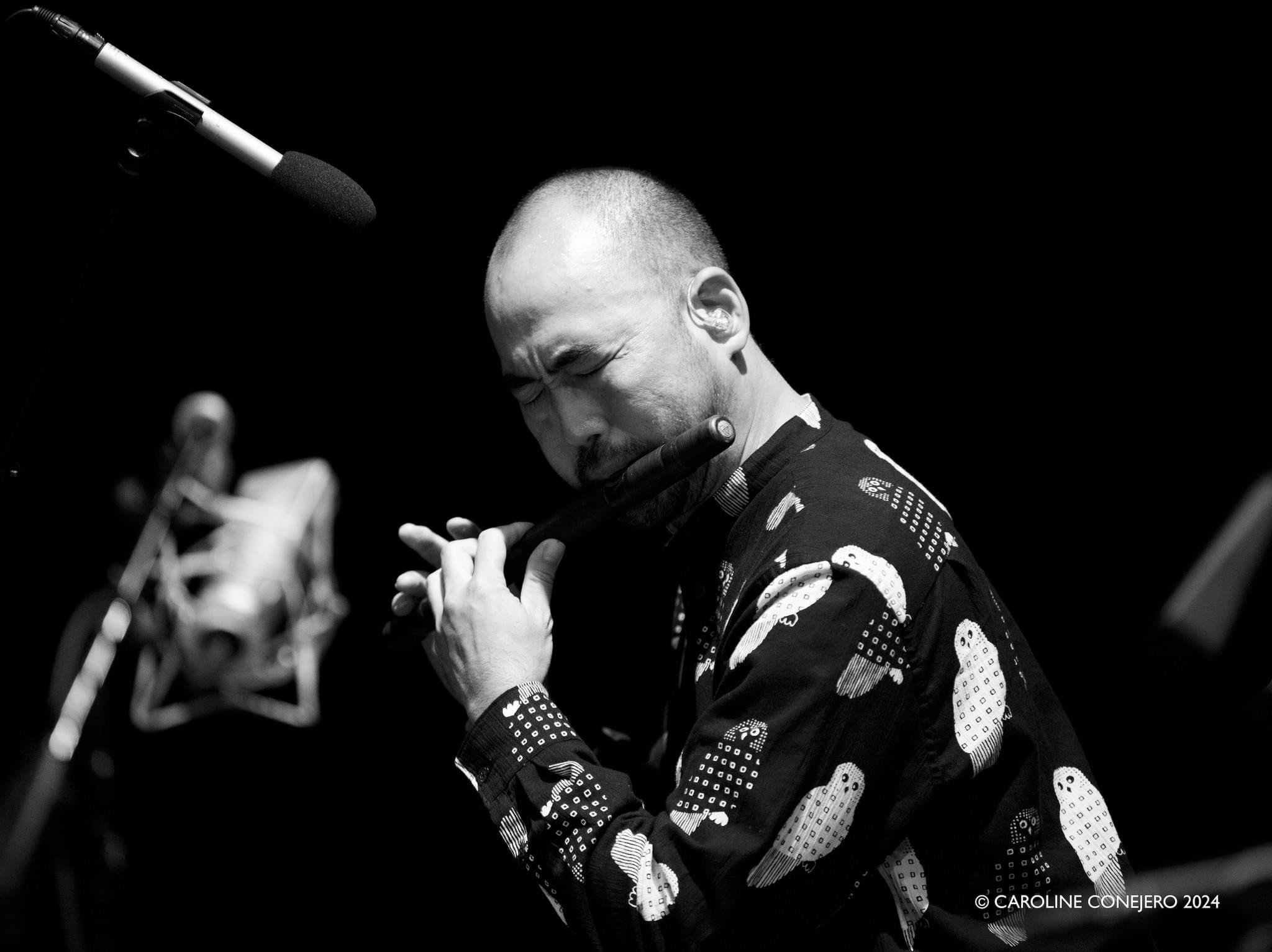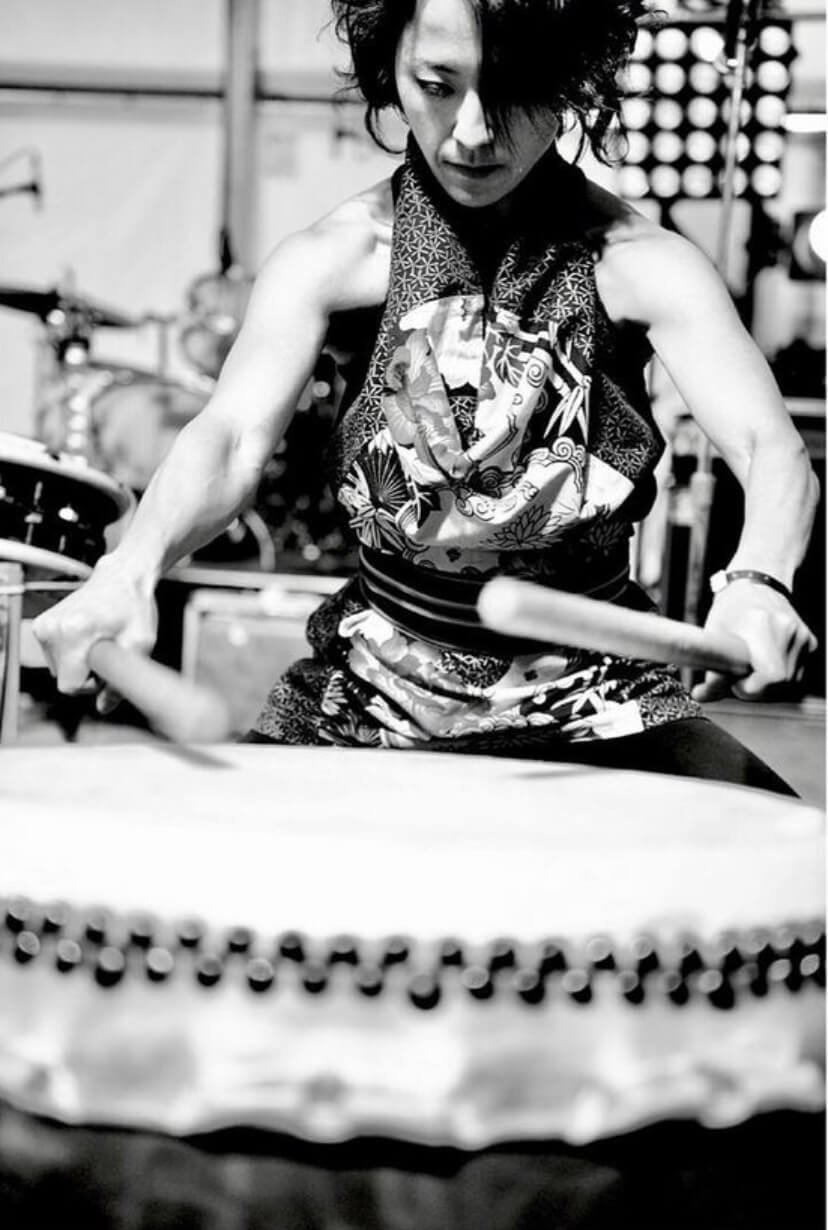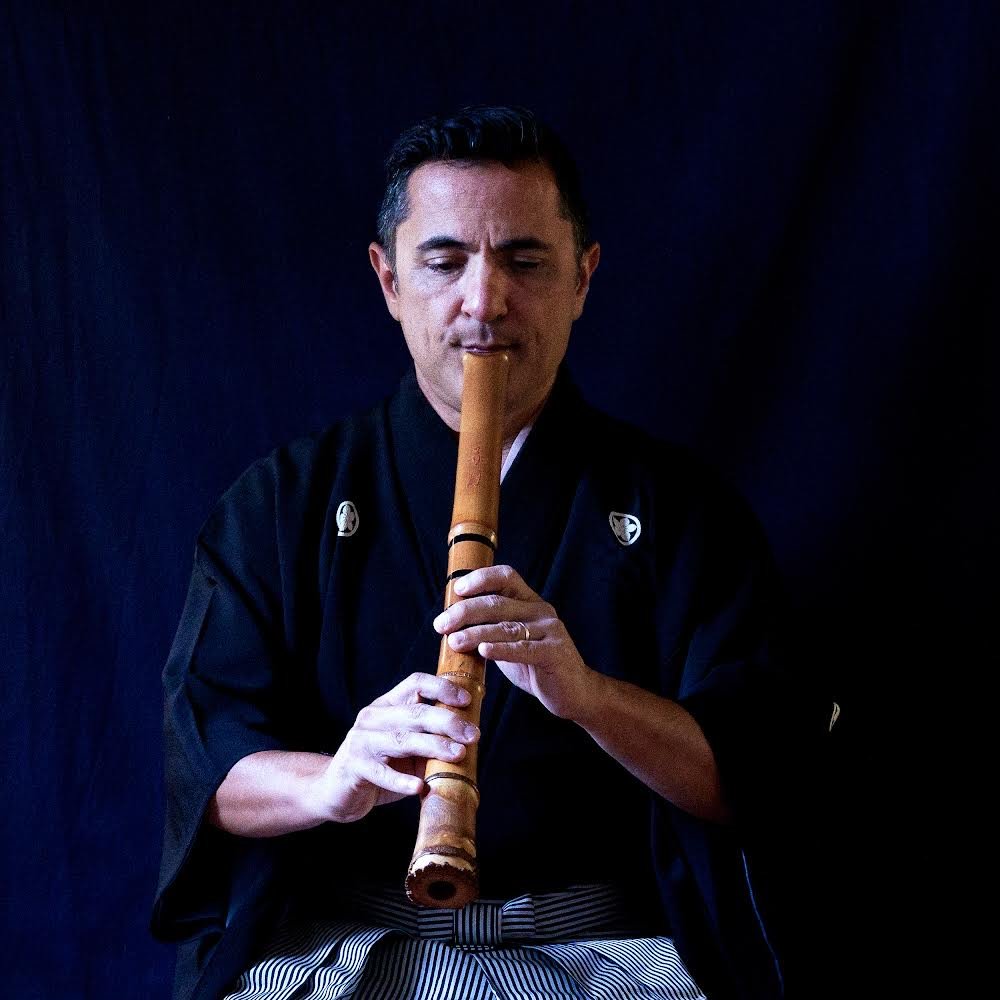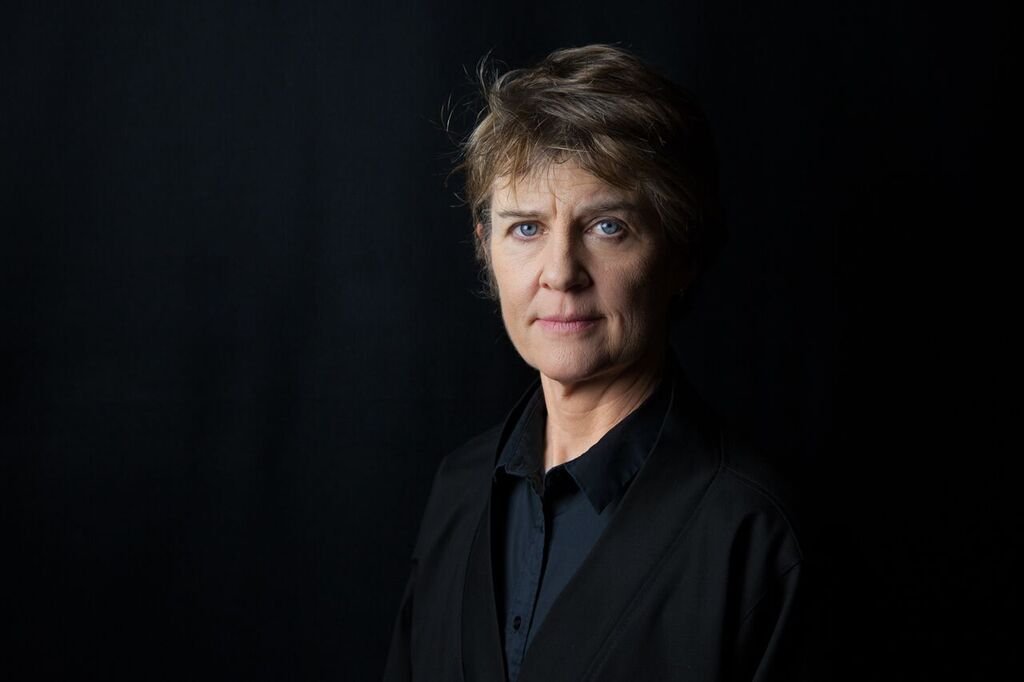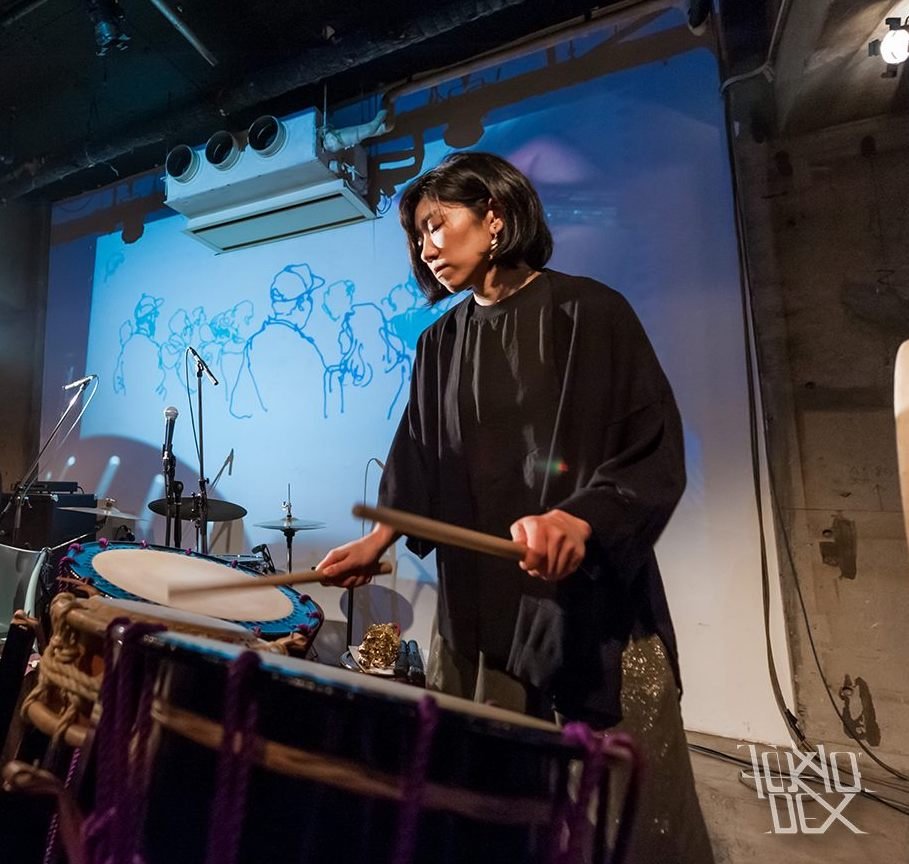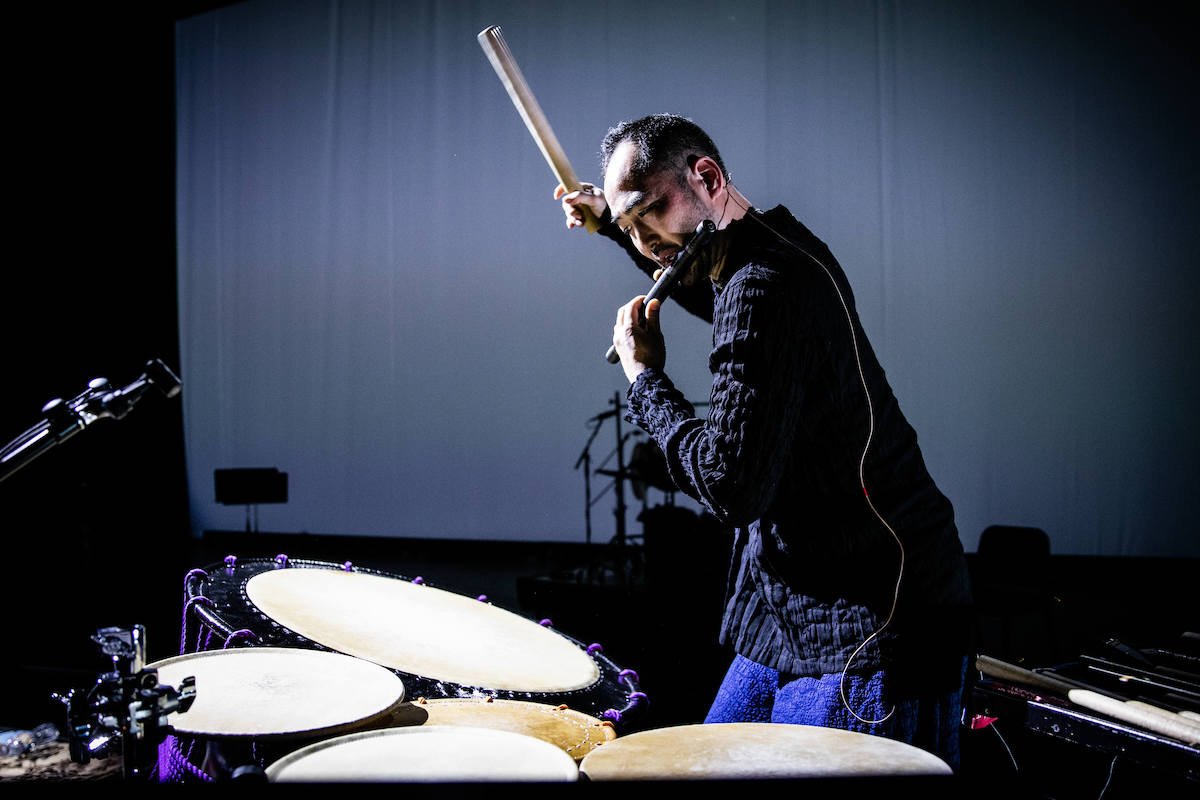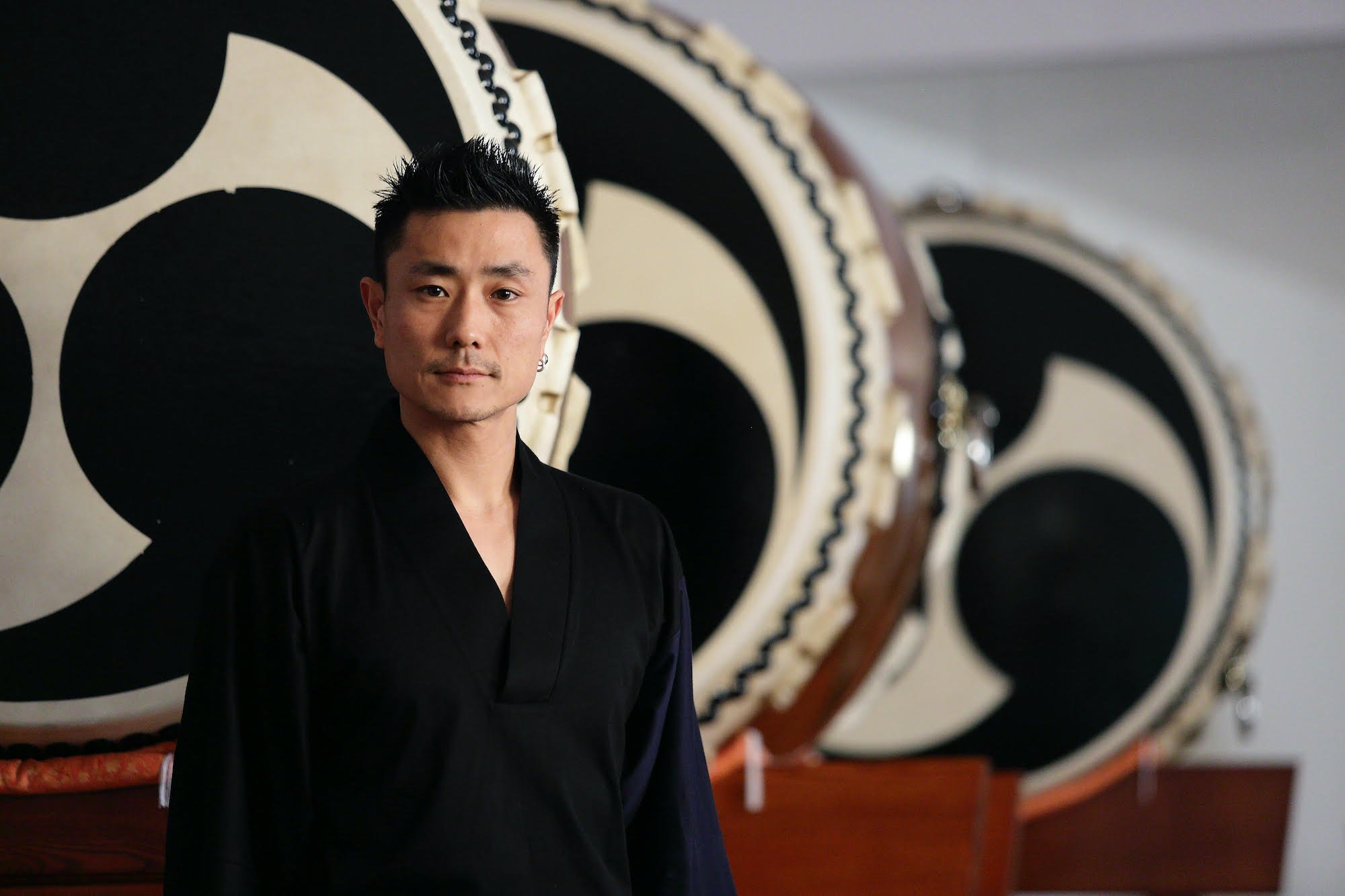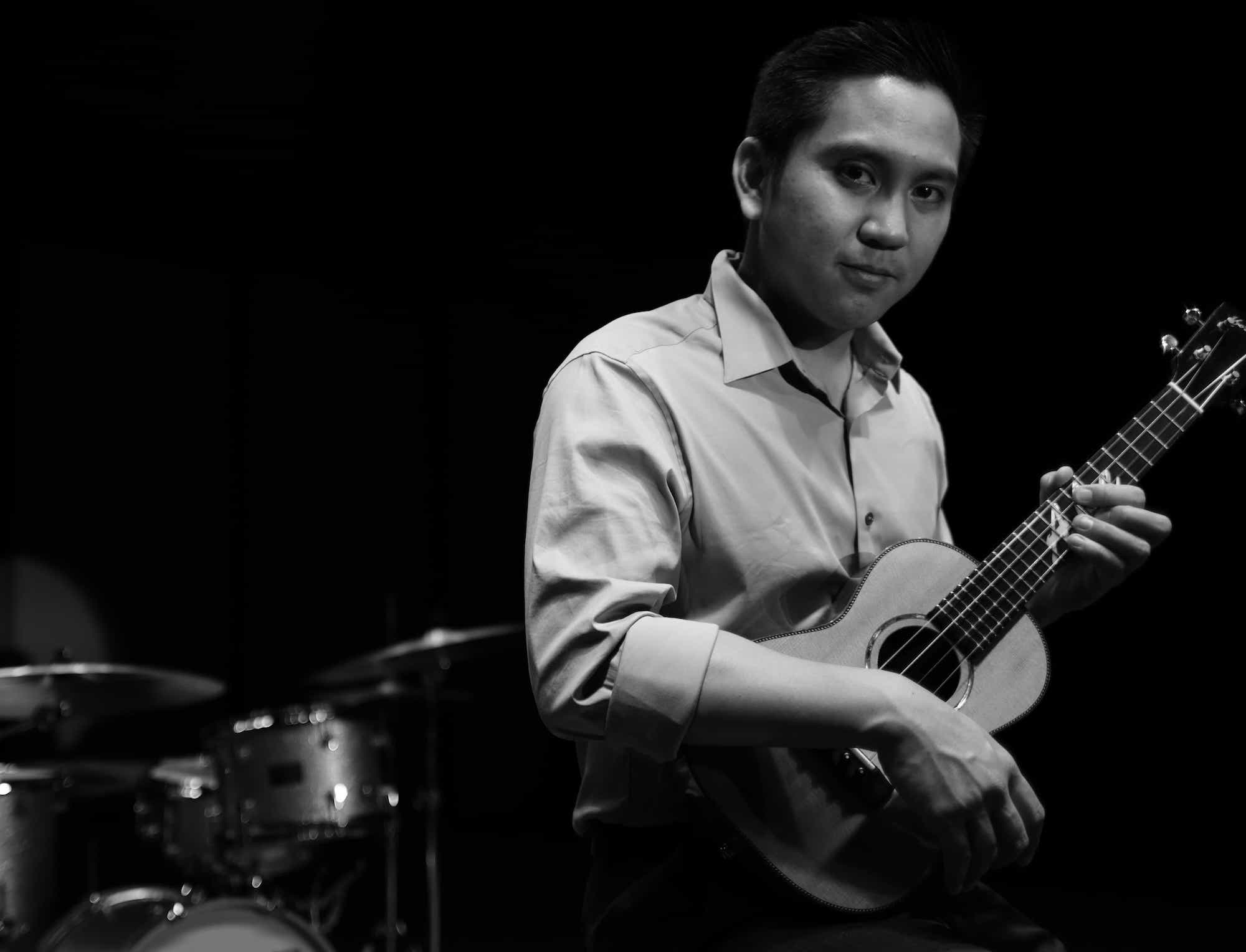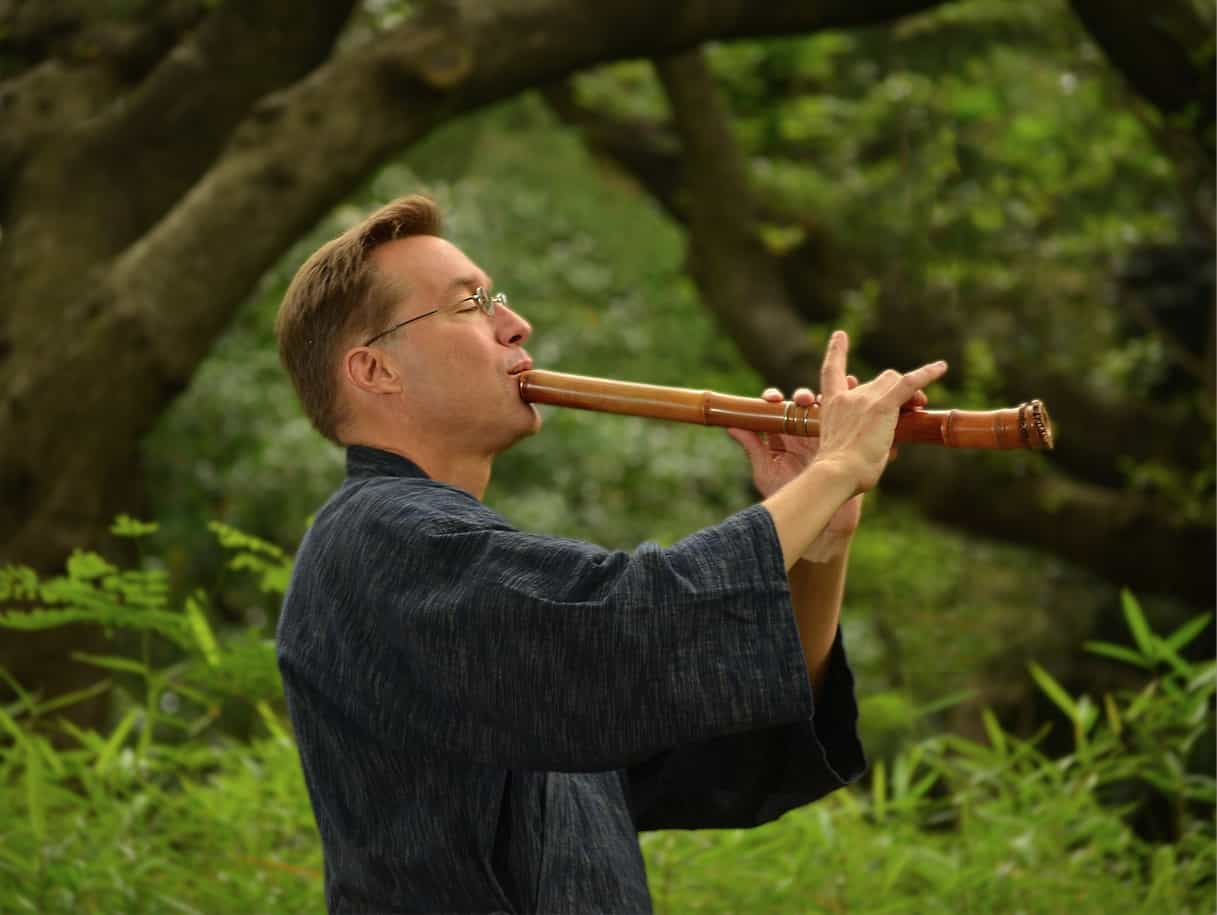Book review - Peak: Secrets From the New Science of Expertise

Peak: Secrets From the New Science of Expertise
I recently read an excellent book titled Peak: Secrets From the New Science of Expertise by Anders Ericsson and Robert Pool. It was fascinating to learn about the latest research regarding expertise and human performance. The authors introduce studies of athletes, doctors, musicians, chess players, mental athletes, cab drivers, comedians, Navy pilots, and others where the relationship of practicing and improvement could be measured. As a longtime student and teacher of music, I discovered many statements which crystallized into words my own experience and philosophy about practicing and teaching. I highly recommend this book, as any discipline can benefit from these important lessons. Here are some of my top takeaways from the book:
1. "First, find a good teacher" – it may seem obvious, but with so many resources available in books and online these days, there is no question that studying with a good teacher greatly increases your potential for expertise in your pursuit.
2. Immediate feedback – the sooner you get feedback after a performance, the more impactful it will be to your improvement. Quality feedback comes from quality teachers.
3. Mental representation – visualizing your goals is important. It is crucial to have excellent examples to emulate.
4. Deliberate and purposeful practice – although most people were introduced to the 10,000-hours-to-mastery concept through Malcolm Gladwell's well-known book Outliers, it was in fact Ericsson's research which was cited. In Peak, he clarifies what he describes as a misrepresentation of his original research. The quality of practice is a major component of becoming an expert.
5. The myth of natural talent – a recurring theme throughout the book is that expertise comes from effective practice and not from genetics. The authors provide interesting explanation of why natural talent is such a prevalent belief in our society.
6. Getting out of your comfort zone – it may be an ego appeasement to sound good while practicing your instrument, but real progress can't be made unless we confront our biggest problems directly. Performance can reveal our weaknesses, which is why it can teach us so much about our ability and progress.


